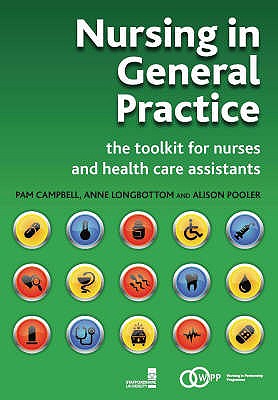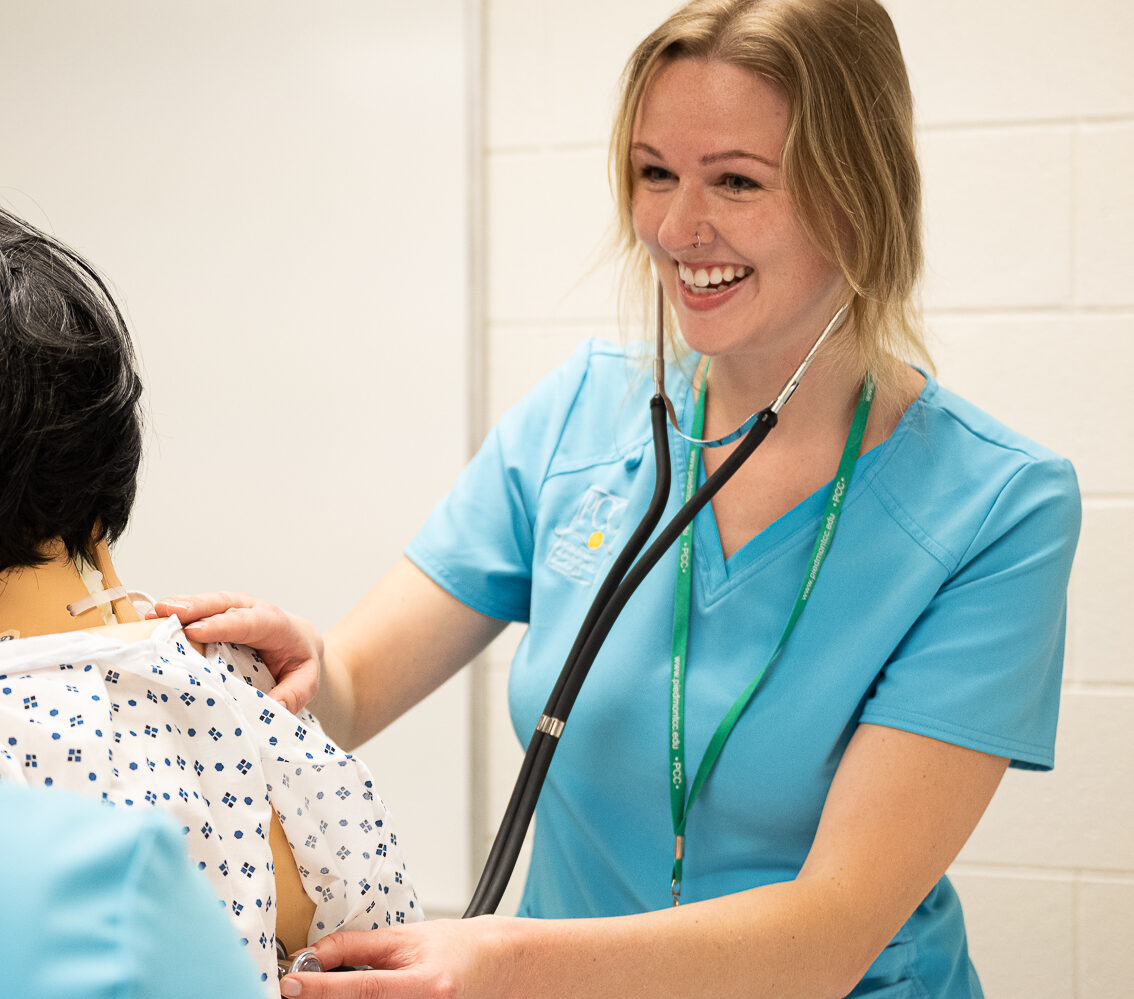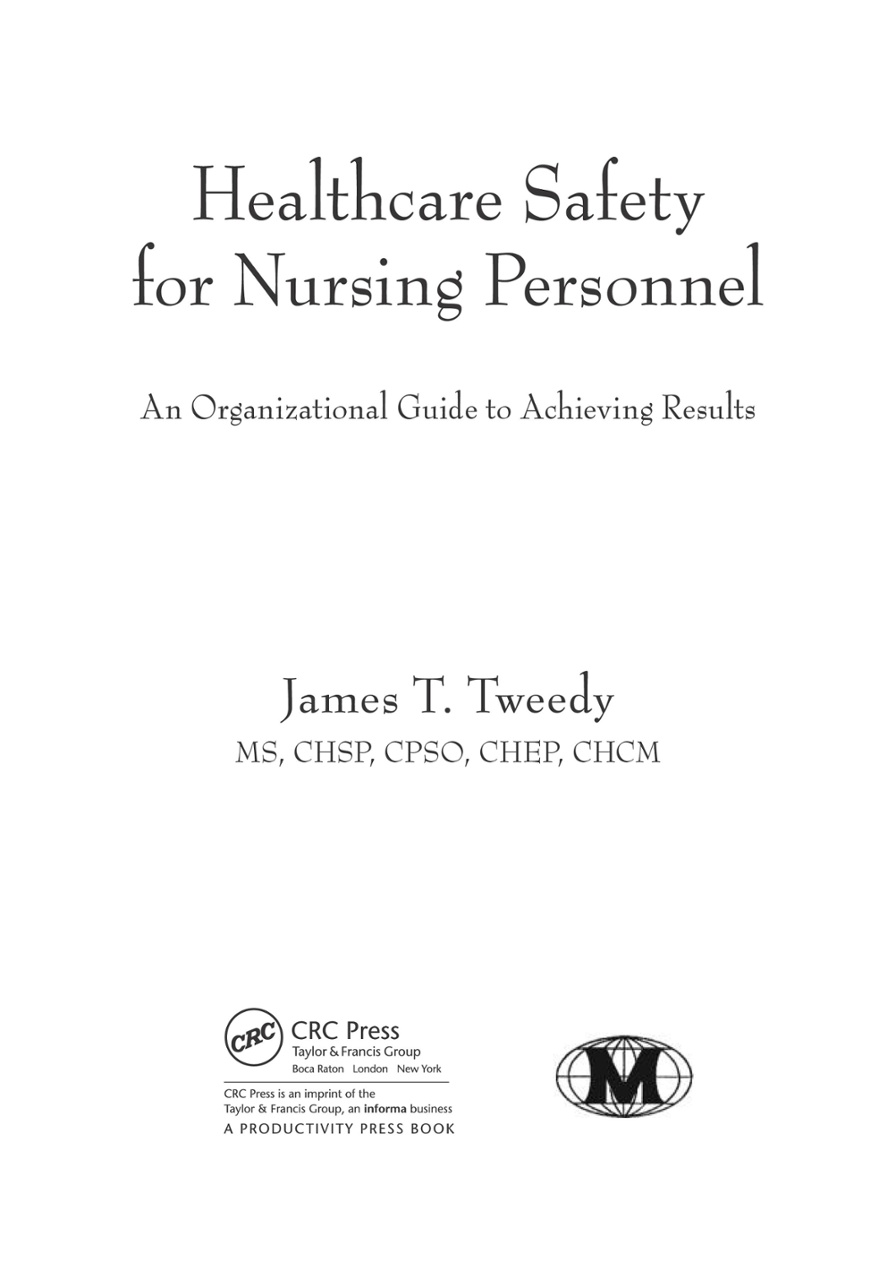Travel School Nurse: Essential Guide for Health and Safety
Guide or Summary:Planning the JourneyPreparing for the UnexpectedAdapting to New EnvironmentsBuilding Relationships and CollaboratingDocumenting and Sharing……
Guide or Summary:
- Planning the Journey
- Preparing for the Unexpected
- Adapting to New Environments
- Building Relationships and Collaborating
- Documenting and Sharing Knowledge
Embarking on a journey through a diverse landscape of cultures, climates, and terrains, traveling as a nurse requires a unique blend of skills, knowledge, and adaptability. Amidst the excitement of exploring new horizons, the role of a travel school nurse transcends the traditional confines of healthcare, offering an enriching experience that is both fulfilling and challenging.
Planning the Journey
Before setting out on any adventure, meticulous planning is crucial. A travel school nurse must familiarize themselves with the healthcare systems of the destinations they plan to visit. Understanding local customs, language barriers, and the availability of medical resources are vital steps in ensuring a smooth journey. Additionally, familiarizing oneself with the local emergency contacts and knowing the location of the nearest hospitals or clinics is indispensable.

Preparing for the Unexpected
While meticulous planning is essential, the unpredictable nature of travel necessitates a flexible approach. A travel school nurse should carry a well-stocked medical kit, tailored to the specific needs of the journey. This kit should include a versatile range of medications, first aid supplies, and any specialized equipment required for their specific field of practice. Being prepared for common ailments such as motion sickness, altitude sickness, and heat exhaustion is crucial, as is having knowledge of how to treat more severe conditions like bites, infections, and minor injuries.
Adapting to New Environments
The essence of traveling as a nurse lies in the ability to adapt to new environments. Cultural sensitivity and respect for local customs are paramount, as they can significantly impact the effectiveness of healthcare delivery. Engaging with local communities and understanding their health beliefs and practices can lead to more effective health interventions. Additionally, adapting to varying climates and altitudes requires a keen understanding of how these factors affect health and the ability to provide appropriate care.

Building Relationships and Collaborating
Collaboration with local healthcare providers and community leaders is vital for a travel school nurse. Establishing trusting relationships with these individuals can facilitate effective healthcare delivery and ensure that travelers receive the best possible care. Networking with other healthcare professionals in the area can also provide valuable insights into local health issues and the most effective ways to address them.
Documenting and Sharing Knowledge
Traveling as a nurse offers a unique opportunity to document and share knowledge about healthcare practices in different parts of the world. By documenting the experiences, challenges, and successes encountered during travels, a travel school nurse can contribute to the global body of knowledge about healthcare delivery in diverse settings. Sharing these insights through publications, presentations, and social media can inspire others to embark on similar journeys and contribute to the improvement of healthcare practices worldwide.

In conclusion, traveling as a nurse, particularly in a school setting, offers an unparalleled opportunity for professional growth and personal enrichment. By embracing the unique challenges and rewards of this role, travel school nurses can make a significant impact on the health and well-being of communities around the world while expanding their own horizons. With careful planning, adaptability, and a commitment to collaboration and knowledge sharing, travel school nurses can thrive in this dynamic and rewarding field.